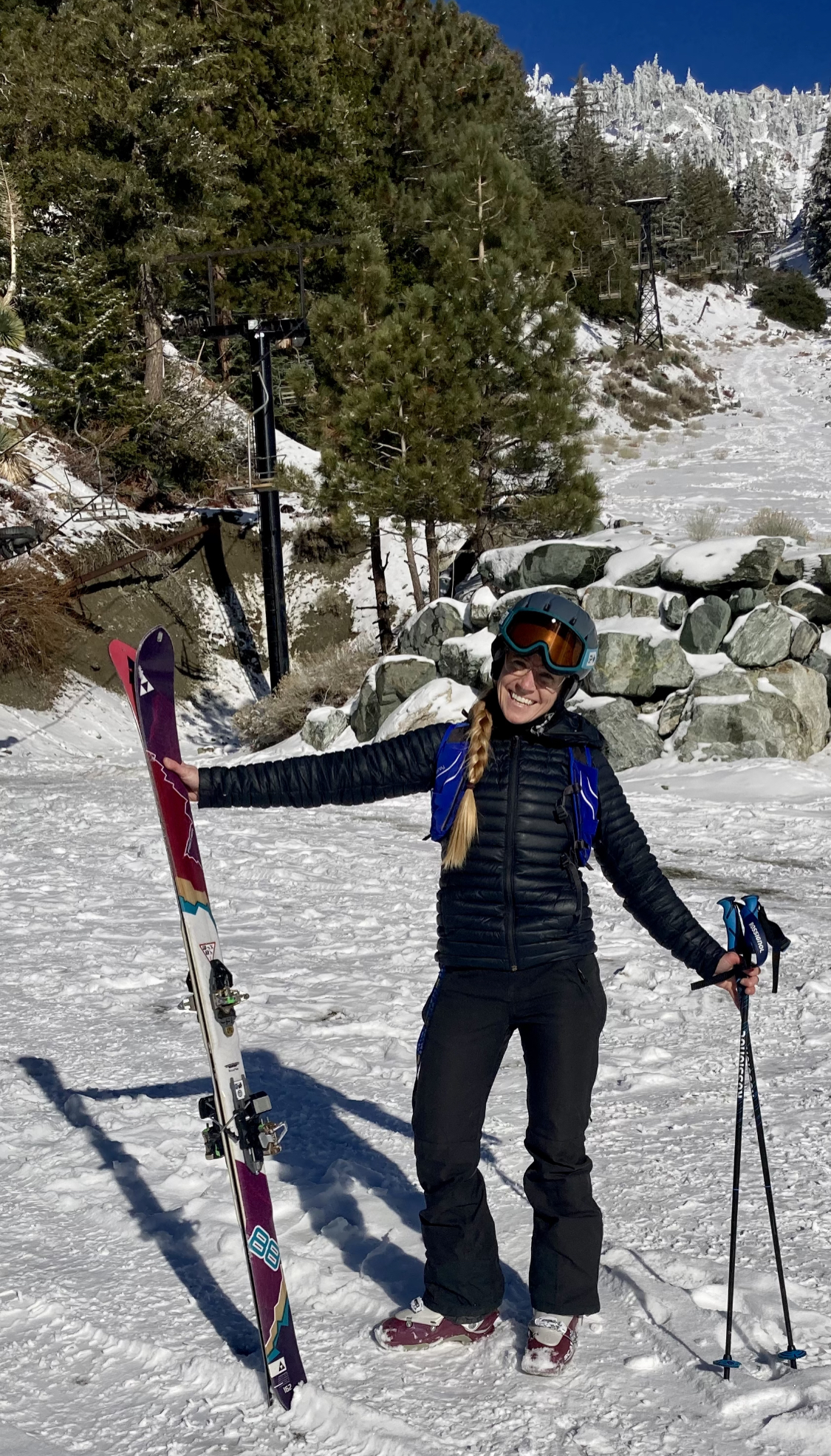The Critical Roles of Water-related Nonprofit Groups in the US

Many air and water quality regulations apply to particular jurisdictions such as states and countries, but this means that control of pollutants will likely be incomplete if they move across boundaries. What role can environmental NGOs play in addressing these transboundary problems? Dr. Laura Grant, an expert on non-state solutions to environmental problems, will examine how environmental groups improve the enforcement and performance of the Clean Water Act.
—Andrew Plantinga, Professor, Bren School
Watch a recording of this talk here
ABSTRACT
The U.S. Environmental Protection Agency (EPA) oversees several large regulations, including the Clean Water Act (CWA). Previous research demonstrates that environmental groups are pivotal in the law’s outcomes: the groups increase CWA enforcement and improve water quality. In this talk I will discuss research on two additional questions: Do water groups mitigate free-riding in transboundary stream pollution? And, do these groups increase firm overcompliance with the CWA? The first stems from the decentralized nature of implementing environmental regulations in the U.S. For the most part, individual states enforce federal legislation. Transboundary stream flow creates an incentive for regulators in upstream border areas to de-emphasize enforcement and quality management, as costs occur on their side of the border while benefits accrue to a neighboring state: water quality is worse downstream. However, nonprofit groups can straddle jurisdictions and mitigate the free-riding. This work measures this using data on location and expenditures of water-focused environmental groups. The second question follows from CWA provisions that limit firms’ discharge of pollution. Industrial wastewater can contain chemicals and heavy metals, sewage and stormwater that introduce bacteria and other contaminants, and agricultural use of pesticides and fertilizer nutrients that flow with the rain into our rivers and streams. Much research assesses noncompliant firms. Yet other literature finds that, induced by government actions, firms typically discharge below CWA permitted limits. This talk will demonstrate evidence of another mechanism for firms' overcompliance—a response to additional non-profit activity in the firm's region.
BIO
Professor Laura Grant graduated with a PhD from Bren in 2011. She is currently on sabbatical from Claremont McKenna College and excited to be back at UCSB for the full 2023-2024 academic year, as a visiting researcher. Her research focuses on how environmental non-profit groups help take collection action, balancing private decision-making with improved environmental and societal outcomes; full description here. She will also be making time to bike, hike, rock climb, trek the Himalayas, back-country ski, mountaineer in Mexico and then watch the 2024-solar totality, and maybe learn to surf (because who has time or money for all this during grad school!?). Come say hi.